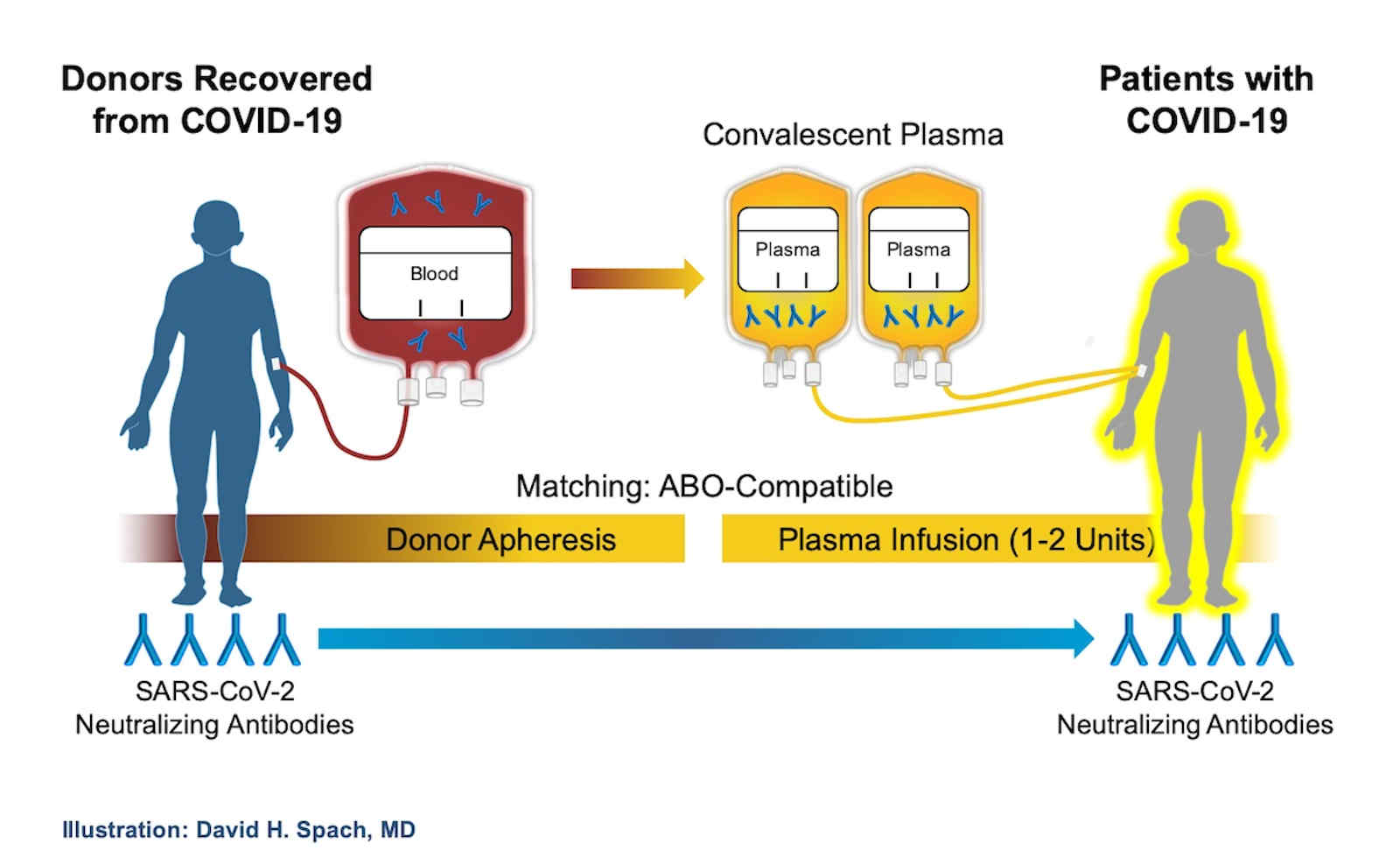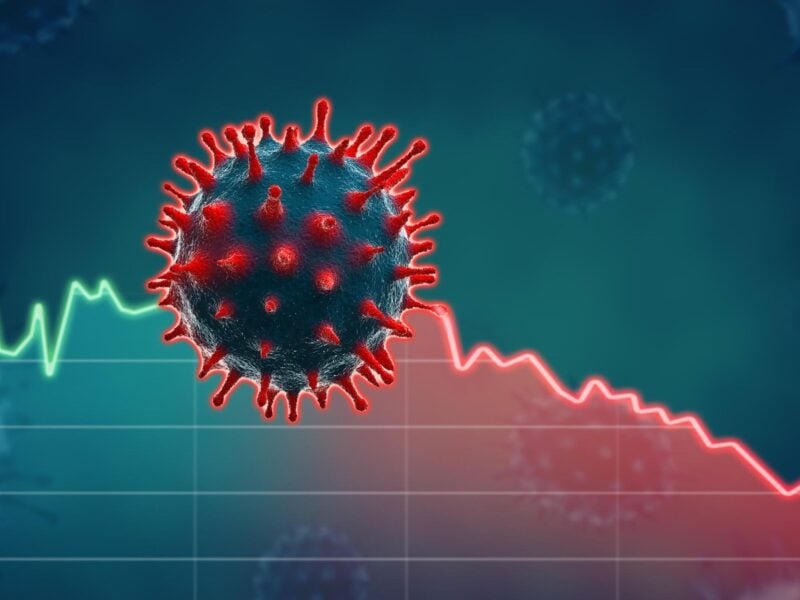
Coronavirus cure: Here are some promising studies
2020 is winding down and we’re still in the grip of a pandemic with no coronavirus cure in sight. To be fair, coronavirus will most likely be brought to low levels through herd immunity and a vaccine. Health officials like Dr. Anthony Fauci have stated there’s little possibility of completely “eradicating” the virus.
Nevertheless, scientists have been working tirelessly to develop different drugs & therapies that might prove effective in the fight against the coronavirus. The holy grail of treatment would be a vaccine to immunize the public. Organizations like Johns Hopkins University are working to develop a vaccine and while they may begin preliminary testing as soon as fall 2020, it could take months of refining.
There are a few drugs that have currently shown positive results on patients with COVID-19 and it’s possible these treatments might prove effective in lowering the hospital death toll. Though a possible “coronavirus cure” will be a long time coming, here are a few promising studies.

Convalescent blood plasma
Doctors have been using antibody therapy for over a hundred years. The idea is to use the antibodies, present in plasma, that have developed in patients who have recovered from the virus.
Researchers are looking to use the antibodies in a way that when introduced to another person’s bloodstream, they can bind to the coronavirus and destroy it. Some hospitals are currently using antibodies to treat patients with COVID-19 who are at high risk of dying. As of yet, there’s no proven benefit to this treatment.

Monoclonal antibodies
There’s a possibility that monoclonal antibodies or engineered antibodies used in treating cancer patients might prove useful in fighting the coronavirus. Tocilizumab is an anti-inflammatory that is being tested to see if it can be used to combat the inflammation brought on by the immune system when it responds to the coronavirus.
During the serious COVID-19 outbreak in Italy, patients that received Tocilizumab appeared less likely to end up on a ventilator. However, recent trials testing Tocilizumab have not yielded the best result though researchers are still looking to find more ways the drug can be effective.

Inhaled interferon beta
This study from Southampton expired using an inhaler containing the drug interferon beta, used to treat multiple sclerosis, on patients with COVID-19. The trial involved just 101 patients from nine different hospitals. While the results showed those who inhaled the interferon-beta were more likely to recover sooner, larger trials are needed to study the effects of the drug.

Remdesivir
Remdesivir is a drug produced by the U.S. company Gilead Sciences. The drug’s original purpose was to treat hepatitis C, which proved to be ineffective. It was repurposed to treat Ebola and then proved useful to treat COVID-19 patients in the U.S, Japan, India, and Singapore.
Remdesivir was approved for emergency use for COVID-19 patients with severe symptoms and appeared to shorten the length of time each patient needed in the hospital. However, Remdesivir expensive and it’s yet unclear if the drug is effective in reducing deaths.

Dexamethasone
Dexamethasone is currently the most promising drug treating COVID-19 patients – and one step closer to that elusive “coronavirus cure”. The drug is a low-dose steroid that has proven extremely effective in keeping patients off of ventilators. While Dexamethasone is now standard treatment for most of the sickest COVID-19 patients, it appears to be less effective on those with milder symptoms.
Dexamethasone has been the subject of the largest randomized trial of COVID-19 treatments in the world making the data on this drug more reliable than others. Dexamethasone is also very cheap and in plentiful supply as the drug has been on the market for sixty years and is therefore out of patent.







